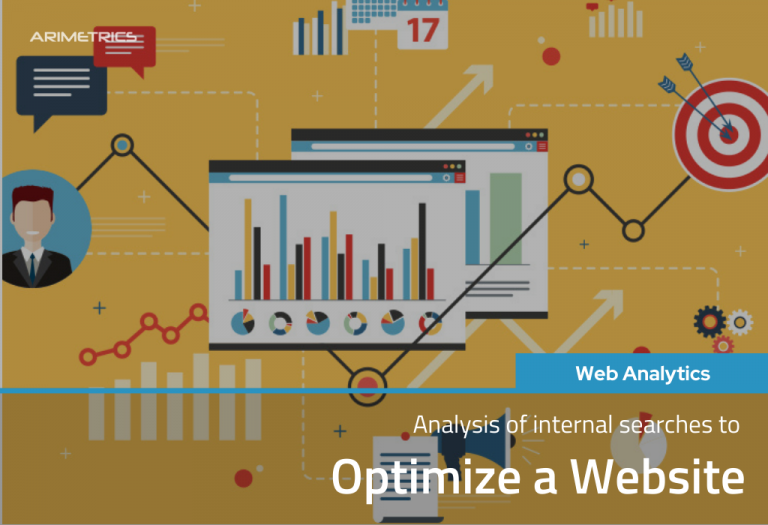Any analyst will tell you that “having an analytical mind” is the main key to observing, analyzing and drawing conclusions from any type of data as best as possible. The analytical mind is something that we all have to a greater or lesser extent and that must be worked on day by day to achieve more and more and better web analysis,and in general of any kind, but it is something that requires effort and a conceptual change in the way of seeing and treating the elements that surround us, and that is what we are going to deal with in this post.
table of contents
1. What characteristics does an analytical mind have?
An analytical mind can be defined based on 5 fundamental conditions or points that it must meet and follow, and they are the following:
1.1. Point No. 1 of the Analytical Mind: Observation
This is the beginning of all analysis activity. Surely you have already heard that it is not the same to look than to observe, that observing has a connotation of attention, analysis … for it is this very thing. The analyst observes the data and everything around it. A data alone never says anything, there has to be a context with different elements that must be analyzed for the understanding and, above all, the understanding of the data and what they represent, and this is precisely why it is necessary to be a good observer.
1.2. Point nº2 of the analytical mind: The order
For a true analyst there is no “order within the disorder”, everything must be orderly and pristine in order to work properly with the data. One of the primary tasks of the analyst is the planning for the consequent configuration and structuring of data, and this is something that without order, it is impossible to do.
1.2.1. “The analyst collects unstructured data that says nothing and sorts it to create useful and valuable information”
1.3. Point nº3 of the analytical mind: It does not make a priori judgments
Frequently, and more in the world of marketing, there is a tendency to standardize and make judgments about studies carried out as scientific laws. This is a tremendous mistake and that no self-respecting analyst takes as a reference when carrying out their activity.
The analytical mind works with data, makes judgments based on data, never opinions, no matter how expert they are. The only studies from reliable and valid secondary sources for an analyst are those from organizations such as the INE, sectoral associations, or other sources that provide valid, reliable and frequently updated data.
Except in the case of scientific laws, the data are susceptible to deviations, changes and evolutions over time, and based on a multitude of independent variables, sometimes many of them uncontrolled: what works today does not have to work tomorrow, and we must always evaluate those data and their context without taking anything for granted.
1.4. Point nº4 of the analytical mind: Segment to the maximum
The analyst segments as much as possible. Absolute data is data that says nothing, you have to segment so that they speak and provide us with information, and the more you segment and work on them, the more insights you will discover.
1.4.1. “Absolute data is the poor analyst’s metric”
Hence the mind of an analyst is that of a detective; a curious mind that is constantly asking questions and looking for answers by investigating and squeezing the data, creating segments, comparing, and manipulating metrics and dimensions until getting the information that gives the right key for decision making that improves or optimizes the data over time.
1.5. Point #5 of the analytical mind: there is no such thing as “common sense”
This is a crucial point. Common sense in the analytical mind does not exist. Common sense tells you that the Sun is the one that revolves around the Earth, then with data it is discovered that it is the other way around. In web analytics it is exactly the same, you should never appeal to one’s common sense, because it is something subjective, even if it coincides with that of 95% of the population as it happened in the Middle Ages with the example we have given.
Therefore, an analytical mind always hesitates before any situation or phenomenon, extracts and collects data, analyzes them, and then runs, but never a priori no matter how obvious a situation seems.
If you are an analyst it has probably happened to you on many occasions that you think one thing and the data is telling you just the opposite.
1.5.1. “The idea of common sense throw it out as soon as possible if you want to work your analytical mind”
These are the five points in which we could summarize the keys to achieving an analytical mind.
I hope you liked the post, if so, share it!




